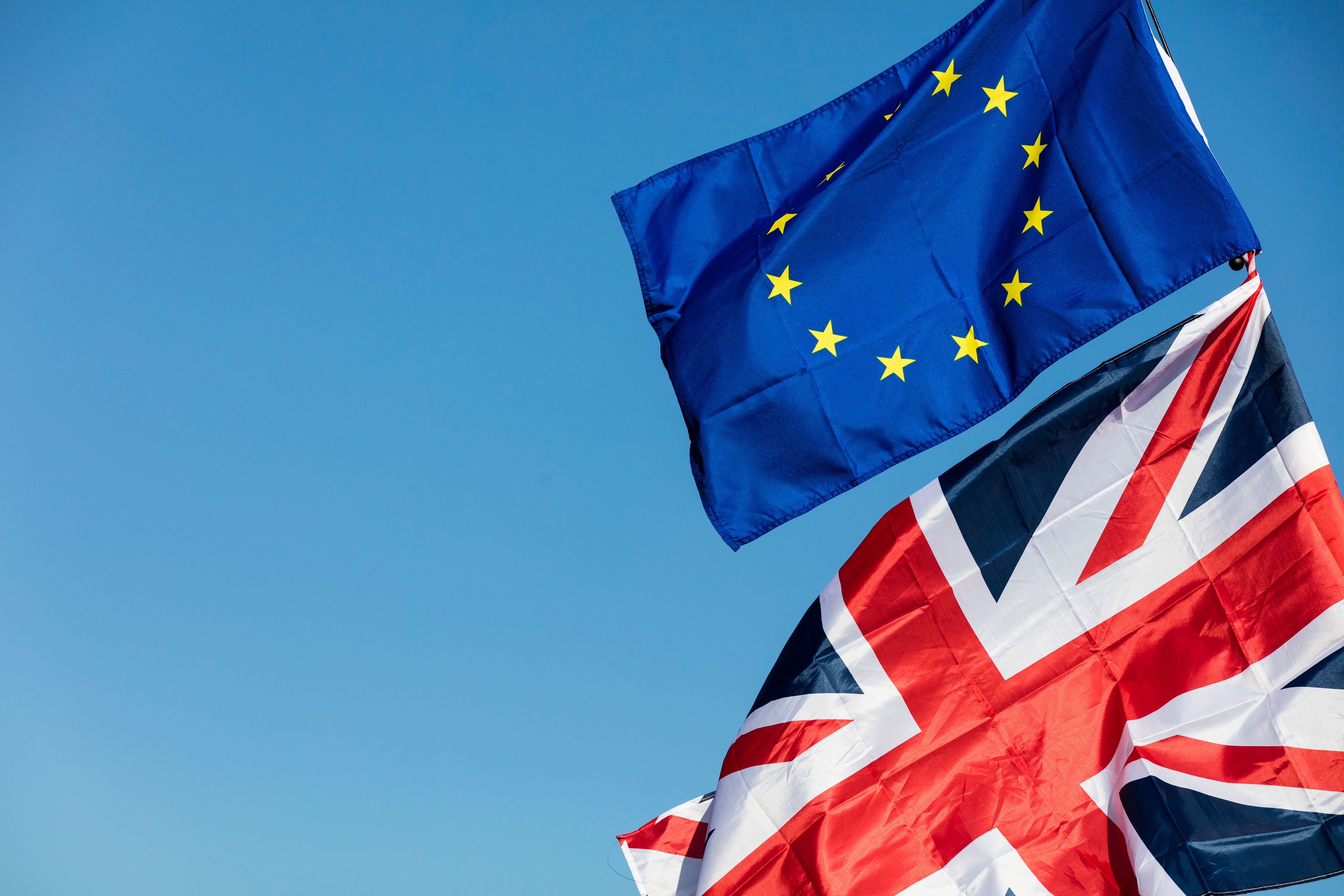
The UK’s smaller businesses have struggled with exporting to Europe since the EU-UK Trade and Cooperation Agreement (TCA) was implemented, while larger firms have been largely unaffected, according to research presented to a conference earlier this week (31 January).
Analysis presented by Thomas Sampson at a UK in a Changing Europe panel on the UK’s trade policy used data sourced directly from companies to examine the UK’s imports and exports with Europe since the TCA was implemented in 2021.
"Very clearly within individual firms there is this drop in goods exports to the EU vs the rest of the world that coincides exactly with the introduction of the TCA,” he said of the research.
Decline in exports
Sampson, an economics professor at the London School of Economics (LSE), said that under the TCA UK exports to the EU have declined by 13% relative those from the rest of the world.
However, when separated by company, it is smaller firms that have predominantly faced the biggest drop in exports, while larger companies have been less affected by the changes.
For the top 15% of firms, there is no “statistically important effect” of the TCA, with Sampson saying that smaller firms, with less capacity to deal with the new trade barriers, were harder hit.
When it came to imports, Sampson said that there was no comparable figure for the UK’s import figures, as companies of all sizes appear to have seen their imports from the EU reduced by 28% on average.
‘Resilient’ trade in services
Elsewhere Sampson said that the UK needed to focus on improving its relationship with the EU rather than the rest of the world, adding that attempts to diversify trade haven’t succeeded, with Europe still remaining a major trade partner for the UK.
“In the current geopolitical climate, there’s very little scope for transformational deals with major trade partners.”
Allie Renison, a former trade policy advisor at the Department for Business and Trade (DBT), also called for a focus on EU trade, emphasising there was unlikely to be any “big bang” in terms of the UK’s trade.
‘Uniform approach’
Instead, she said the focus should be on taking an incremental approach to improving the UK’s trade, notably taking a uniform approach to the customs barriers that have been put up since Brexit.
“Those things are implemented differently at the border, at the end of the day. Some authorities are more facilitative or blocking than others.”
Dealing with individual member states, rather than the EU, on certain aspects of trade could also yield results, Renison suggested, although she cautioned this shouldn’t detract from cooperating with the EU on certain issues
“In terms of what making ‘Brexit work’ would look like, it is trying to focus on engagement and cooperation with the EU on its own terms and its own merits.”



